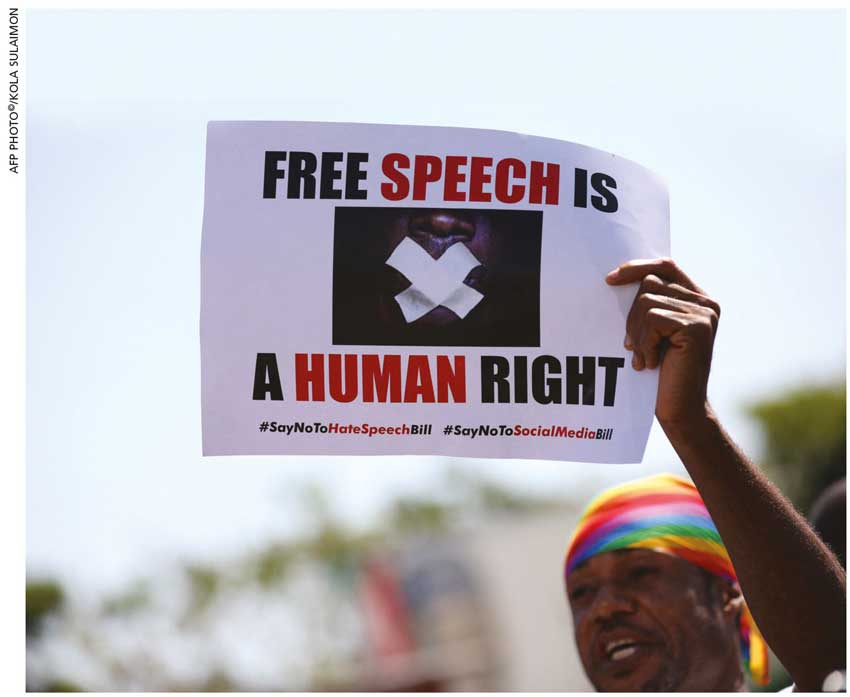PRESS FREEDOM
FOURTH PILLAR OF DEMOCRACY
Isanka Perera explains how society suffers when press freedom is threatened

Before the French Revolution, France was divided into three estates of the realm – clergy, nobility and commoners. A few centuries later, during a parliamentary debate in England, the term ‘fourth estate’ was coined to denominate the media as a segment of society that plays a critical role in influencing the political system.
Nowadays, the term is often used as a collective noun to refer to the press and journalists.
A free and independent press is fundamental to a democratic society. Built upon pertinent editorial guidelines and journalistic ethics, the press should be able to operate and exercise freedom of expression in ways deemed legal without any interference by the state or any other entities.
Admittedly, the media is far from sinless; it makes mistakes, it has blind spots or biases and it sometimes drives society over the edge. Yet, the free press is one of the most important tools we have as citizens of a democracy.
While empowering the public with information that’s needed to make informed decisions, the press also acts as a watchdog to facilitate accountability. It gives voice to the discriminated, pursues the truth to expose malfeasance and drives necessary change. The media bears witness to our moments of triumph and tragedy.
Crimes against journalists include suppression, censorship, arbitrary detention, harassment, kidnapping, torture and even assassination.
According to the latest report by the International Federation of Journalists (IFJ), a total of 45 reporters and media workers were killed while doing their job last year – indeed, journalists are most often killed for exposing corruption, crime, and abuse of power in their communities, cities, towns and countries.
As governments fail to provide justice for the victims and bring the perpetrators to court, crimes against journalists continue with impunity. According to UNESCO, almost nine out of 10 such incidents are swept under the carpet without any punishment being meted out.
Constraints against the press don’t only impact journalists; it’s a problem for the entire community. When freedom of the press is impeded, it prevents people from making informed decisions and ultimately has a detrimental impact on society as a whole.
And when access to information is threatened, it sends a disturbing message that democracy and the rule of law are being undermined. Authoritarian leaders can bury critical information, conceal corruption and even justify genocide once they have media organisations in the palms of their hands.
It is under these circumstances that we observe World Press Freedom Day on 3 May to uphold the fundamental principles of press freedom.
The 2021 World Press Freedom Index compiled by Reporters Without Borders – the international nonprofit nongovernmental organisation that seeks to safeguard the right to freedom of information – ranks countries on the level of freedom journalists have to do their jobs, and disseminate news and information to the public. Regrettably, Sri Lanka is ranked 127th out of 180 countries.
Not surprisingly, the report reveals that the culture of hostility and violence towards the press is entrenched in both democratic and authoritarian states alike.
In 1962 during a news conference, President John F. Kennedy was asked to comment on the media’s treatment of his administration. “Well, I’m reading more and enjoying it less,” he replied.
While affirming the relationship between the press and his administration, and reflecting quintessential JFK wit and humour, Kennedy continued: “Even though we never like it, and even though we wish they didn’t write it and even though we disapprove, there isn’t any doubt that we could not do the job at all in a free society without a very, very active press.”




